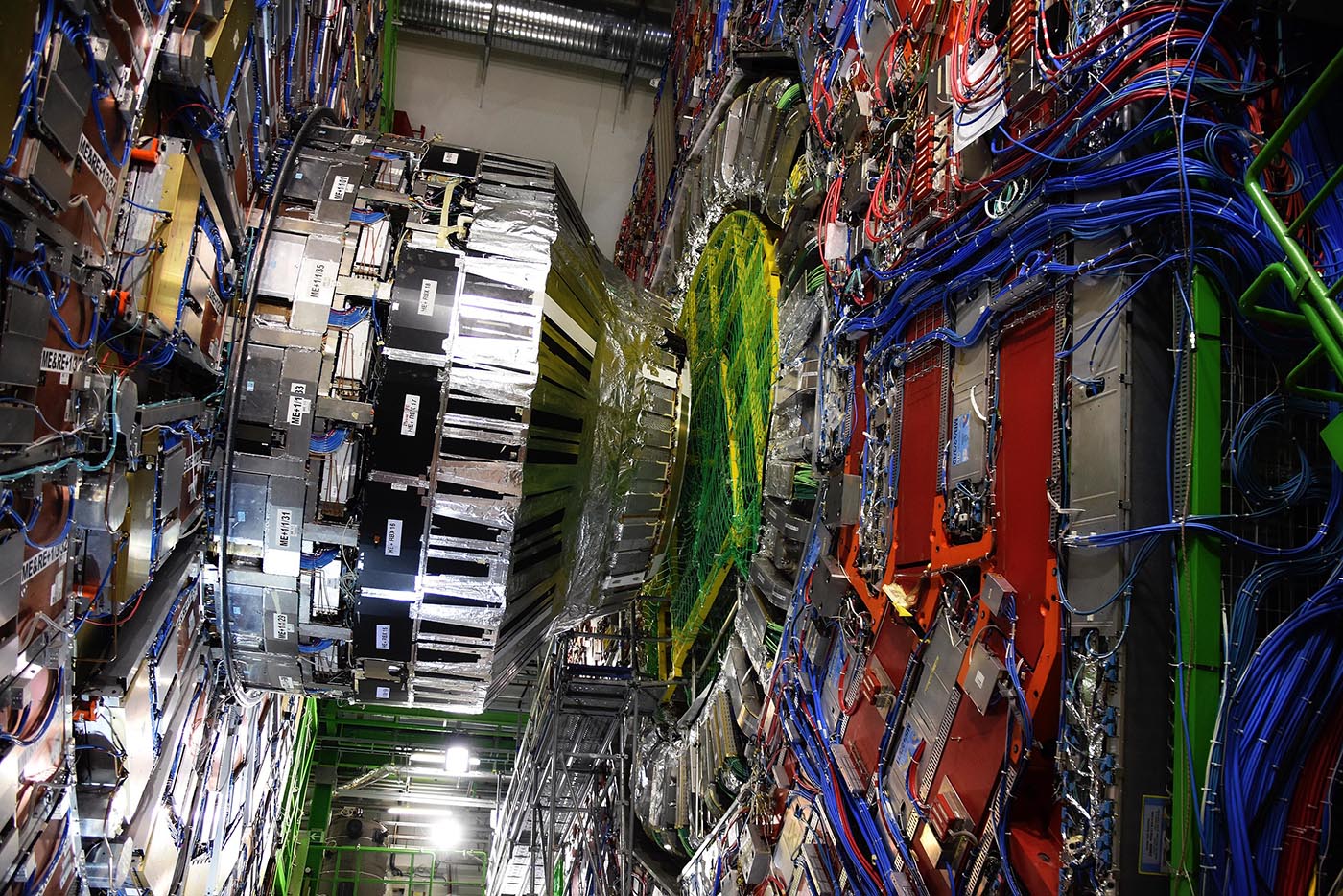Artificial intelligence is reshaping fundamental physics, unlocking insights into the universe’s origins and ultimate fate.
Key Points at a Glance:
- AI is driving major advancements in particle physics, comparable to its impact on protein structure prediction.
- The Large Hadron Collider (LHC) uses AI to detect rare events critical to understanding mass acquisition and cosmic stability.
- Future AI-powered discoveries could confirm or challenge the Standard Model of physics.
- AI is accelerating data analysis at the LHC, potentially uncovering dark matter and other unknown phenomena.
AI and the Next Era of Particle Physics
Artificial intelligence is revolutionizing fundamental physics, according to Professor Mark Thomson, the next Director General of CERN. AI-driven methods are enabling unprecedented breakthroughs in particle physics, similar to how DeepMind’s AI cracked protein folding, an achievement recognized with a Nobel Prize.
Thomson believes AI is paving the way for transformative discoveries at the Large Hadron Collider (LHC), the world’s most powerful particle accelerator. By analyzing enormous datasets, AI can detect incredibly rare particle interactions, offering deeper insight into how particles gained mass after the Big Bang and whether the universe could be on the brink of an unexpected collapse.
“These are not incremental improvements,” said Thomson. “These are huge leaps forward achieved through cutting-edge AI techniques.”
Unraveling the Mysteries of the Higgs Boson
The Higgs boson, often called the “God particle,” grants mass to all other particles and plays a fundamental role in binding the universe together. AI is expected to help physicists achieve a breakthrough measurement: Higgs self-coupling, a property that determines how the Higgs boson interacts with itself.
Currently, the LHC is incapable of reliably observing two Higgs bosons at once, but AI-powered detection is changing that. “Now I’m confident we are going to make a good measurement,” Thomson said. Understanding Higgs self-coupling will help scientists determine whether the Higgs field is stable or if the universe could undergo a catastrophic transition in the distant future.
The Role of AI in Data Processing
Every second, the LHC produces 40 million proton collisions, generating vast amounts of data. AI filters this data in microseconds, identifying the most valuable events while discarding less significant ones. According to Dr. Katharine Leney, who works on the ATLAS experiment, AI has already accelerated progress by at least two decades, surpassing expectations set 10 years ago.
Searching for Dark Matter
Dark matter, a mysterious substance believed to make up a significant portion of the universe, has eluded direct detection. AI is changing the approach to dark matter searches by identifying subtle anomalies in LHC data. Instead of looking for a predefined signature, AI-driven analysis can spot unexpected patterns, potentially leading to groundbreaking discoveries.
Thomson is optimistic about AI’s role in future physics breakthroughs. “Rather than searching for a particular signature, AI allows us to ask, ‘Is there something unexpected in this data?’” he said. This shift in methodology could open the door to entirely new areas of physics.
The Future of AI in Physics
The integration of AI into particle physics is just beginning. As CERN advocates for the Future Circular Collider (FCC), a proposed successor to the LHC with a 90-km circumference, AI-driven approaches will be central to justifying and maximizing the potential of such an ambitious project. While some countries, including Germany, have expressed skepticism over the $17 billion cost, AI may provide the breakthroughs needed to secure long-term investment in next-generation physics research.
With AI redefining data processing, discovery methods, and fundamental theories, the next decade promises to be one of the most transformative periods in physics. The biggest unanswered questions about the universe—including its ultimate fate—may soon have answers.
